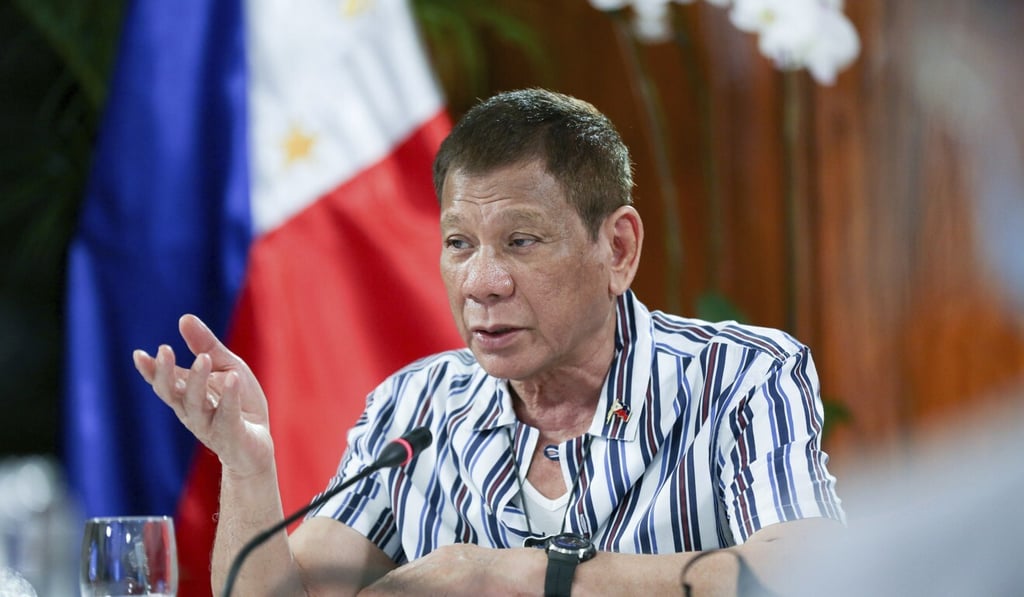Advertisement
Philippines’ Anti-Terrorism law unites beauty queens, nuns and former militants in opposition
- The controversial law, which critics fear could be used to stifle dissent, has met opposition from all sections of society
- President Duterte has approved the measure, but lawyers have filed petitions to the top court in a last chance bid to stop it coming into force
Reading Time:4 minutes
Why you can trust SCMP

From beauty queens and basketball players to big business, communists, former Muslim secessionist leaders, university officials, lawyers, students and nuns – all these disparate groups have united to oppose the Philippines’ incoming Anti-Terrorism Law.
Lawyers, academics and lawmakers on Monday filed four petitions to the country’s top court to stop Republic Act 11479 from taking effect later this month after President Rodrigo Duterte signed it into law on Friday.
Opponents of the law say its definition of “terrorism” is vague and could be used against human rights defenders and to muzzle dissent. The lawyers argued in their petitions that parts of it violate the bill of rights enshrined in the 1987 Constitution.
Advertisement

However, that has not stopped the Philippine government with ploughing ahead. Since Congress approved the law on June 3, opposition has gone into overdrive on social media, prompting prominent figures from all sections of society to speak out.
Advertisement
Among those to have tweeted opposition are Miss Universe 2015 Pia Wurtzbach and Miss Universe 2018 Catriona Grey, who has one million followers. While Duterte supporters responded by questioning Grey’s citizenship, the beauty queen was unbowed, posting in a follow-up tweet that “the anti-terrorism bill is essential to protect the country and its people, but we cannot pass a bill that is susceptible to potential abuse of power and human rights violations”.
Advertisement
Select Voice
Choose your listening speed
Get through articles 2x faster
1.25x
250 WPM
Slow
Average
Fast
1.25x